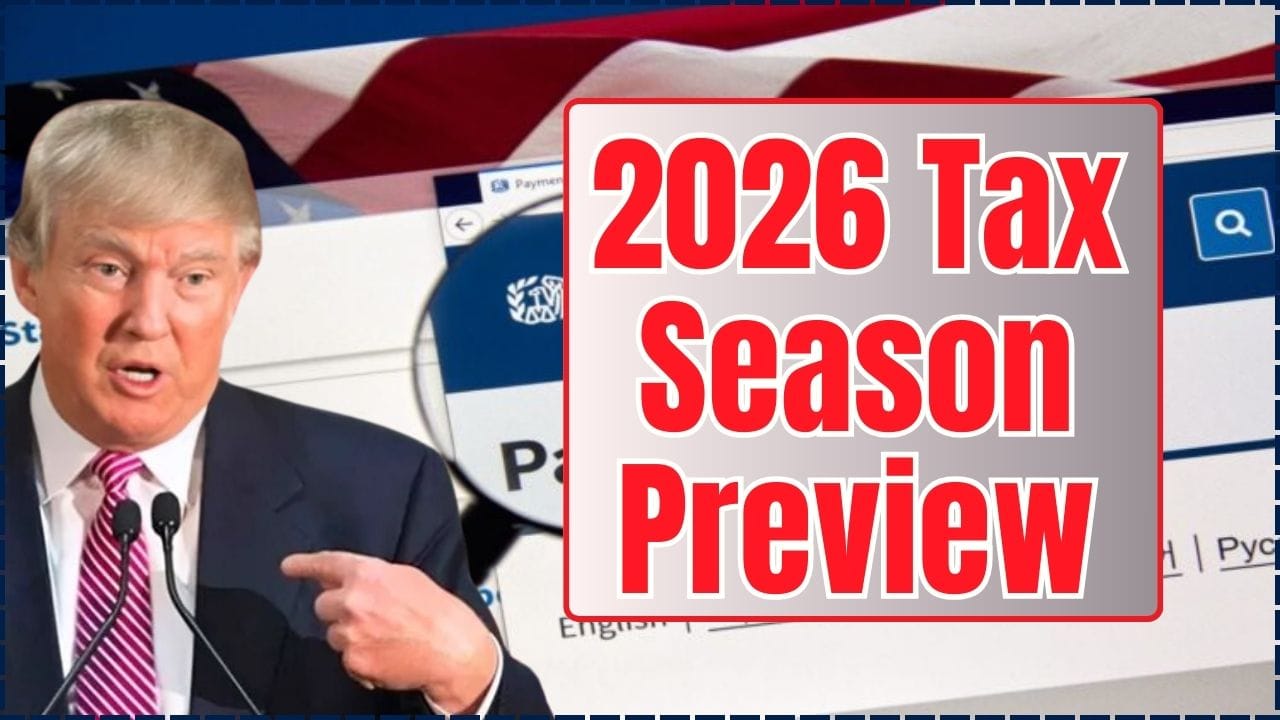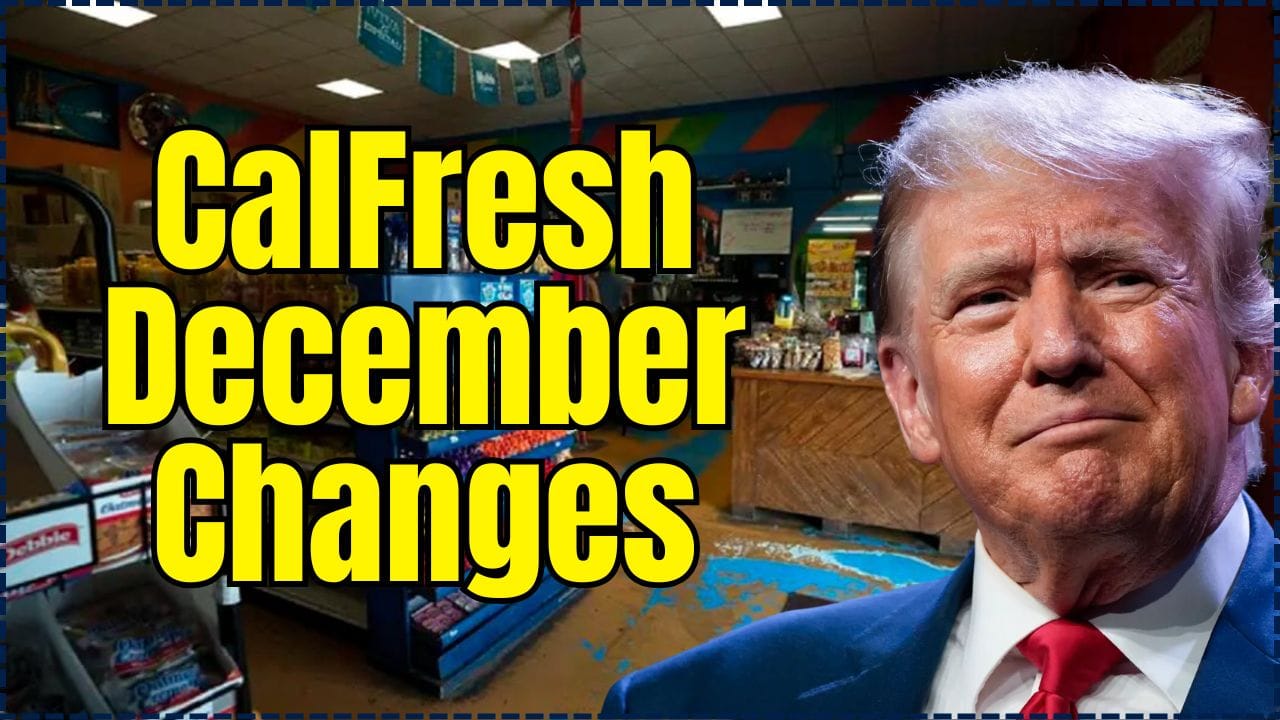Applying for a scholarship can feel like an uphill battle. You’ve got the grades, the extracurriculars, and the passion, but how do you condense all that into a powerful narrative that makes you stand out? The secret often lies in your statement of purpose (SOP). This isn’t just another essay; it’s your chance to tell a compelling story, to show the scholarship committee who you are beyond your resume. In my experience, a well-crafted SOP can turn a “maybe” into a definitive “yes.” This guide will walk you through how to write a winning statement of purpose for scholarships, complete with examples for different fields, to help you navigate this critical process.

What Is a Statement of Purpose and Why Does It Matter?
Think of your statement of purpose as your personal pitch. It’s a formal essay where you explain your academic and professional motivations, your long-term goals, and why you are the ideal candidate for a specific scholarship. While your transcripts and test scores show what you’ve achieved, your SOP reveals your “why.” It’s your opportunity to demonstrate your unique personality, resilience, and vision. Cornell Graduate School.
A strong SOP answers a few core questions:
- Why do you want to pursue this particular field of study?
- What past experiences (academic, professional, personal) have prepared you for it?
- What are your career goals, and how will this scholarship help you achieve them?
- Why are you a good fit for this specific scholarship and institution?
The Core Components of a Winning SOP
Every great SOP, regardless of the subject, follows a clear structure. Mastering these components will give you a solid foundation to build upon, Stanford Online.
1. Introduction: The Hook
Start strong! Your opening paragraph should grab the reader’s attention and clearly state your purpose. Begin with a concise, compelling anecdote or a clear statement of your academic interest. Don’t waste time with vague, generic phrases. For example, instead of writing, “I have always been interested in science,” try something like, “My fascination with robotics began with a dismantled VCR at age seven, a curiosity that grew into a passion for electrical engineering.” This is where you can mention your specific course or program.
2. The Body: Your Story in Sections
This is the heart of your SOP, where you connect your past to your future. Break this section into a few paragraphs, each with a clear focus.
- Academic and Professional Background: Discuss your academic journey. Highlight specific courses, research projects, or internships that are relevant to your field. Mention skills you’ve developed and how they relate to your future studies.
- The “Why” Behind Your Choice: Explain why you have chosen this specific scholarship and program. Show that you’ve done your research. Mention specific professors whose work you admire, unique course offerings, or lab facilities that align with your interests. This shows genuine interest, not just a desperate search for funding.
- Future Goals: This is your chance to outline your professional aspirations. Be specific! Don’t just say you want to “help people.” Instead, describe the specific role you envision and how this scholarship will provide the tools and knowledge necessary to get there.
3. Conclusion: The Grand Finale
Wrap up your SOP with a powerful summary. Reiterate your passion and the value you will bring to the program and the scholarship community. End with a strong, confident statement that leaves a lasting impression. Thank the committee for their time and consideration.
10 Sample Statements of Purpose for Scholarships
Here are 10 new, concise examples of how to approach your SOP, tailored for different subjects. These samples are designed to spark ideas, not to be copied verbatim.
1. Computer Science (Primary Keyword: statement of purpose)
- Objective: To secure a scholarship for a Master’s in Artificial Intelligence.
- Sample Snippet: “My undergraduate project on predictive algorithms for urban traffic flow cemented my desire to delve deeper into machine learning. I believe this scholarship will allow me to explore advanced topics in neural networks and contribute to the development of ethical AI solutions for smart cities, a field I am passionate about.”
2. Mechanical Engineering
- Objective: To obtain funding for a PhD in Robotics.
- Sample Snippet: “The challenge of designing efficient, adaptable robotic systems drives my research interests. My undergraduate research on biomimetic actuators and my internship at [Company Name] have equipped me with the foundational skills to pursue a PhD. I am confident that this scholarship will provide the resources to develop the next generation of collaborative robots.”
3. Business & Management
- Objective: To apply for an MBA scholarship.
- Sample Snippet: “Having spent five years in a supply chain management role, I’ve seen firsthand the inefficiencies that stifle growth in developing markets. I am pursuing an MBA to gain the strategic leadership skills and financial acumen necessary to launch a social enterprise focused on building sustainable supply chains for small businesses in Southeast Asia.”
4. Public Health
- Objective: To receive a scholarship for a Master of Public Health.
- Sample Snippet: “Witnessing the disparities in healthcare access during my time as a volunteer at a rural clinic was a pivotal experience. My goal is to work with international NGOs to design and implement community-based health education programs. This scholarship would be instrumental in providing the education and network needed to make a tangible difference in global health outcomes.”

5. Law
- Objective: To secure a scholarship for a Juris Doctor (J.D.) program.
- Sample Snippet: “My work as a paralegal at a civil rights firm exposed me to the complexities of the legal system and solidified my commitment to social justice. I am seeking a scholarship to pursue my J.D., with a focus on human rights law, and to one day advocate for marginalized communities and challenge systemic inequalities.”
6. Education
- Objective: To get a scholarship for a Master’s in Curriculum Development.
- Sample Snippet: “As a high school history teacher, I’ve observed how a rigid curriculum can stifle creativity and critical thinking. My long-term goal is to develop inclusive and culturally responsive curricula that engage a diverse student body. I believe this scholarship will provide the opportunity to study innovative pedagogical theories and translate them into practical educational reform.”

7. Art & Design
- Objective: To apply for a scholarship for a Master of Fine Arts (MFA).
- Sample Snippet: “My artistic practice explores the intersection of traditional painting techniques and digital media to comment on modern isolation. This scholarship would not only alleviate the financial burden of my MFA but also give me access to the renowned studio facilities and mentorship of faculty like [Professor’s Name], whose work has deeply influenced my own.”
8. Environmental Science
- Objective: To secure a scholarship for a PhD in Climate Science.
- Sample Snippet: “Growing up in a coastal community, I’ve seen firsthand the devastating effects of rising sea levels. My undergraduate research on coastal erosion models fueled my commitment to climate science. This scholarship would enable me to conduct crucial research on climate adaptation strategies and contribute to policy-making efforts at a national level.”
9. Medicine & Healthcare
- Objective: To obtain a scholarship for medical school.
- Sample Snippet: “My clinical experience has taught me that effective healthcare extends beyond a diagnosis—it requires empathy and a deep understanding of a patient’s unique circumstances. My desire to specialize in geriatric care stems from this belief. I am seeking a scholarship that will allow me to focus on my studies and my future patients without the added stress of financial burden.”
10. Psychology
- Objective: To receive a scholarship for a Master’s in Clinical Psychology.
- Sample Snippet: “The human mind, in all its complexity, has always fascinated me. My volunteer work at a crisis hotline revealed the urgent need for accessible mental healthcare. My goal is to become a clinical psychologist specializing in trauma-informed care for adolescents. This scholarship would be a critical step toward realizing that goal and helping those most in need.”
5 Expert Tips for a Standout SOP
- Be Specific, Not Vague: Don’t just list achievements. Explain what you learned from them. Instead of “I was a good leader,” try “Leading my team through the project’s most challenging phase taught me the importance of clear communication and delegation.”
- Show, Don’t Just Tell: Use anecdotes to illustrate your points. A story about a research breakthrough or a challenge you overcame is far more compelling than a simple statement.
- Tailor It to Each Scholarship: Avoid a one-size-fits-all approach. Every scholarship has a different mission and a different set of values. Do your homework and align your SOP with what they’re looking for. I’ve seen many applicants miss out because they submitted a generic essay.
- Proofread Relentlessly: A single typo can undermine your credibility. Read your SOP out loud, use a grammar checker, and ask a trusted friend or mentor to review it.
- Be Authentic: Your voice should shine through. Don’t try to sound like someone you’re not. Let your genuine passion for your field and your future goals come through in your writing.
Your Ultimate Guide to Winning the CARTA PhD Fellowships 2026
The Definitive Guide to NLSIU Research Fellowships 2026 for Aspiring Scholars
FAQs
Q1: How long should my SOP be?
A typical Statement of Purpose is between 500-1,000 words, or one to two single-spaced pages. Always check the specific requirements of the scholarship or university you’re applying for, as some may have different word or page limits.
Q2: Should I include personal anecdotes?
Yes, absolutely. Personal anecdotes are what make your SOP unique and memorable. They help you “show, not just tell.” A brief, relevant story about a challenge you overcame or a moment of inspiration can be much more impactful than a simple list of your accomplishments.
Q3: Can I use the same SOP for multiple applications?
It’s highly discouraged. While you can reuse some core content, each SOP should be tailored to the specific scholarship or program. Mentioning the scholarship name, its values, and specific professors or courses shows you’ve done your homework and are genuinely interested in that particular opportunity.
Q4: Should I mention my GPA or test scores?
Generally, no. Your transcripts and test scores are already part of your application. Your SOP is your chance to provide context and tell the story behind those numbers, not to simply restate them. Only mention them if you need to explain a dip in your grades or a unique circumstance.
Q5: Who should I ask to review my SOP?
Ask someone who knows you and your field well, like a professor, academic advisor, or mentor. They can provide valuable feedback on both the content and the clarity of your writing. It’s also a good idea to have a friend or family member proofread it for typos and grammatical errors.










